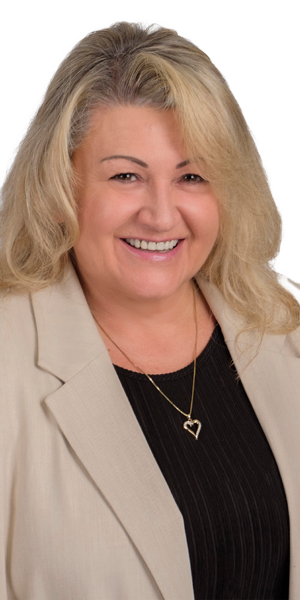Much of the financial services industry is focused on Wealth Accumulation.
You’ve likely heard:
“Contribute to RRSPs”
“Maximize your TFSA”
“Buy an RESP for your child’s education”
So what happens when you reach retirement and all that hard work of building wealth for your future becomes your main source of income?
Your questions might now become:
“Should I take my CPP at age 60?”
“I’ve heard RRSPs are the last investment you should use before age 72. Is this true?”
“Should I really reduce my non-registered investments first?”
The Answer – it depends.
How to Decumulate well is both an art and science. In the first part of this three-part series, we discussed why planning is a lifelong process. This second part of the series will identify some of the biggest financial challenges faced in decumulation during retirement. The third article will outline important basics for decumulating wealth well.
BIGGEST CHALLENGES
The following challenges must be addressed in a decumulation strategy that leads to financial success in retirement.
Market Volatility
If retirees do not plan their asset allocation well, a bear market can significantly impact their odds of success in retirement. Research has shown that if a retiree can survive the first several years of retirement, their odds of success increase significantly. Having low volatility investments (bonds) or guaranteed investments (GICs) can help weather volatile markets.
An often overlooked asset class for cash flow certainty is Annuities. Annuities provide guaranteed cash flow and Life Annuities guarantee this cash flow for the rest of your life. Annuities do not change in volatile markets. It is worth considering the option of an annuity of you want to guarantee a specific level of annual income. If your assets are non-registered, there are prescribed annuities which can create tax efficient cash flow throughout retirement. Annuities are worth considering but make sure you keep the annuity within the guarantees offered. After all, an annuity could be around for a long time.
Low Interest Rates
For today’s retirees, low interest rates are causing a significant challenge. While their parents enjoyed a yield of 6% – 7% on their interest-bearing investments, retirees today are dealing with 1% – 2% yields. On a $1 million portfolio that’s the difference between $60k per year versus $20k. No wonder clients are taking more risk with their portfolios to increase their yield.
Beware of chasing yields to increase cash flow. This strategy can run into trouble in times of stress. Ask good questions before investing, including the downside risk of the investment.
Taxes
Tax gets mentioned again because it can be such a killer of wealth. Each year, it is critical to review taxes and look for ways to reduce, defer, or avoid tax through legitimate strategies in the most efficient manner possible. Tax is one of our biggest financial partners in life. Take the time to manage this relationship well.
Business Ownership
For many of our clients, owning a business is their biggest wealth accumulator. Business owners often sacrifice a lot to achieve this success. Their next challenge is often how to move money from their business to themselves personally in the most tax efficient manner possible.
The rules of building wealth are getting more and more difficult. We expect this challenge to continue for the foreseeable future as public debt increases and governments seek alternate ways to generate tax revenue. Be shrewd while working within the tax laws of Canada. It’s worth the effort.
SUMMARY:
In many ways, decumulating wealth is a greater challenge than accumulating wealth. In wealth accumulation, time is on your side. In decumulation, time is working against you. You don’t have time to recover if your investments don’t do well. In the final article of this series, we will provide five strategies for decumulating wealth well.
In this rapidly changing world, never before has managing your wealth in retirement been so important.



















